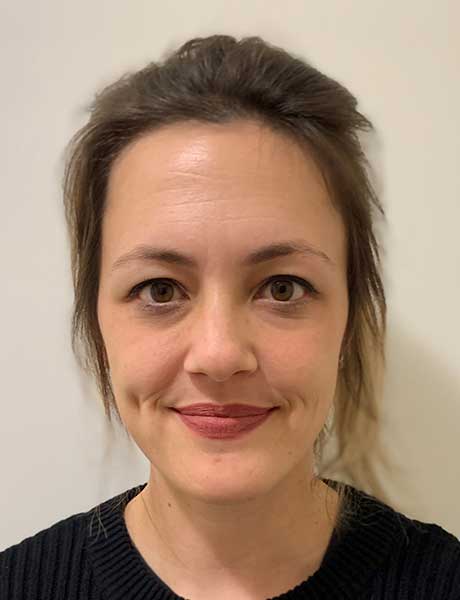Featured image: VectorMine on Shutterstock
That time is approaching.
After working diligently through two years of nursing school, you are now conquering your final year before you enter the workforce as a fully-fledged nurse. You have been mastering your placements, signed off all your competencies and finally worked out how to reconstitute antibiotics. You have passed anatomy, physiology, pharmacology, and any other ology they throw at you and mastered the art of studying and thinking like a scientist.
But the hurdles never end and this one feels so difficult to prepare for: you need to apply for jobs.
Applying for a health job is nothing like the jobs you have applied for before. Your perfectly curated resume and masterful cover letter template are not enough. When you apply for a graduate job, the only thing they request is for you to answer four questions known as selection criteria.
What is selection criteria?
Writing selection criteria is a fierce process. You can nail most of the questions, but if you fail one section, you can be out of consideration for the job. Addressing selection criteria proficiently can show your potential employee that you possess the qualities they are looking for beyond clinical knowledge, including communication and critical thinking skills.
To add to this pressure, if you are going for a public sector role in Western Australia, you only get one shot at applying for a graduate position.
Whether you are applying for your first nursing role or a new job for some change of scenery, these four tips will help you perfect your selection criteria.
1. Find the selection criteria and start early
Start early! Treat it like a huge assignment, and DO NOT put it off until the last minute. This is not a time to let the procrastinator inside of you flourish. Your writing will need to be reviewed, reviewed and then reviewed again until you are happy with it.
This is particularly important as the word counts are tiny in your first application and you need to be as succinct as possible with very few words. Your writing will need to be short yet show your skills.
2. Find an editor
Your editor does not need to be a professional. It could be a fellow student you work well with, one of the nurses who have been your preceptor or even a friend. They do not need to be an award-winning writer, but you need to find someone who is willing to review your selection criteria a few times.
Ideally, this is someone who has successfully applied for a job using selection criteria before as they will have experience in what the system is looking for. You will likely go back and forth a few times with edits.
Most Government Department of Health programs are open for applications for a while, so utilise this time but do not see it as a reason to procrastinate!
3. Know what they are looking for in their selection criteria
You NEED to research the health service that you want to work in. Firstly, to ensure their values align with your own values, as this is how they plan their future. Secondly, to know how to align your skills and knowledge with their key strategic outcomes and priorities.
The best way to find an organisation’s strategic priorities is through their values and mission. You can find these by searching ‘Values and Mission + organisation name’ on Google or search on their website.
4. Really read the questions
Analyse what are they asking for.
Do they want you to demonstrate or provide understanding? If they are asking you to demonstrate, you need to provide examples of how you have applied this skill in your practice.
If they are asking you to provide understanding of an important part of nursing, they are looking for your knowledge on the area, such as quality improvement. You need to show the recruiter that you know what it means, and that you know why it is important.
Applying for jobs can feel like a stressful time as you are balancing studying and trying to land your first nursing job. Allow yourself lots of time as it is important and unfortunately, there are limited programs.
As a student not so long ago, I remember how stressful this period was, and how much I wanted to land the perfect job. Just remember, if you are not successful in gaining a graduate program, it does not mean it is doom and gloom. There are so many opportunities available and the unexpected turn may lead you to discover a passion you didn’t even know existed.
Nicole Hibbert MACN
Nicole is a Registered Nurse from Western Australia working in paediatrics. She graduated in 2021, successfully obtaining a graduate program. In addition to her work, she sits on the WA Region and the ACN Adolescent and Young People Faculty.






